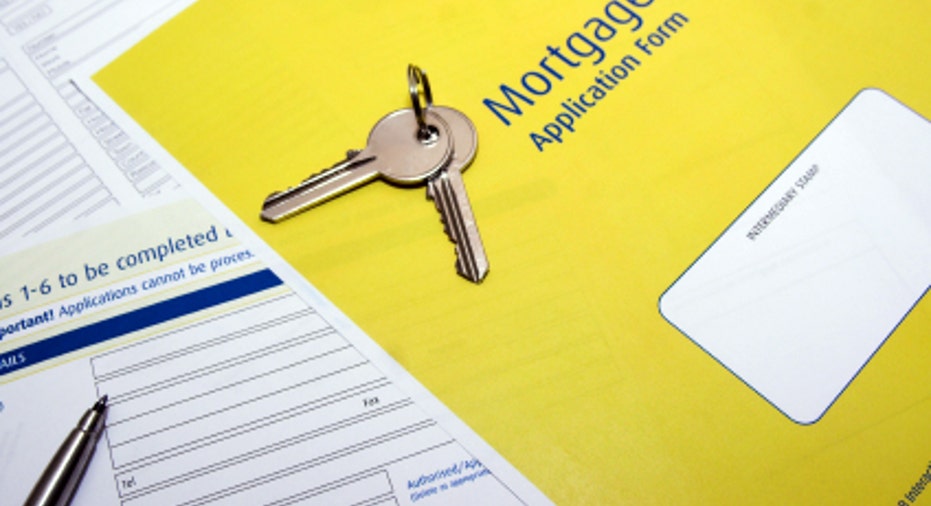Should You Buy Mortgage Points to Lower Your Interest Rate?

If you are looking for a way to reduce your monthly mortgage payments, buying points could lower the interest amount.
Called discount points by mortgage brokers and lenders, this tactic is like an upfront payment for a lower interest rate, and one point is 1% of the loan amount. So if you had a $100,000 mortgage, one point would cost $1,000 while two points would cost $2,000.
“Paying for points lowers your interest rate because the lender receives the income in a lump sum at closing rather than collecting the interest as you make payments on your loan,” says Les Kramsky, executive vice president and general counsel to Silk Abstract Company, a title insurance agency and a real estate attorney in New Jersey. “A lower interest rate will of course result in lower monthly payments and a big savings in accrued interest over the life of the loan.”
While the amount a point will lower your interest rate will vary, Bob Walters, chief economist at mortgage lender Quicken Loans in Detroit, says a general rule of thumb is that one point will reduce the rate by ¼ to 3/8 on a 30-year fixed mortgage.
Compare mortgage rates in your area.
Walters says buying points gives people options and likens it to a car lease. With a car lease, you can put no money down and pay more each month, or make a cash payment at the start and lower the monthly payments. Walters says people have to determine what matters more, putting more money down at closing or paying less each month over the life of loan. Keep in mind that while purchasing points will lower your interest rate, it won’t lower the loan amount. That $100,000 loan will still be $100,000 whether or not you buy one, two, three or zero points.
In addition to lowering the interest rate, buying points can help come tax time, according to Kramsky. The IRS considers discount points to be prepaid mortgage interest, which means you can deduct part of all of your points depending on your financial situation.
Although the borrower can choose how many points he or she wants to buy, there is usually a cap on how many. According to Walters, typically mortgage firms will only allow borrowers to purchase a maximum of three or four points. Recent regulations ban mortgage brokers and lenders making money on the amount of points they sold. This shift has made the point discussion less frequent at mortgage companies, so be sure to inquire about points if your broker doesn’t bring it up.
Purchasing mortgage points is very common practice, but it doesn’t always make financial sense. For one thing the borrower has to pay for the points at closing, adding to the amount needed on hand.
Before buying any points, determine how long you plan to stay in a home to make sure the move is worth it. According to Tony Auffant, branch manager at Benchmark Lending, if you are only planning on staying in the home for a few years, you many not recoup the upfront costs. If you do plan to stay for a long time then you’ll have a bigger savings in terms of a lower interest rate for the life of the loan.
“My advice would be when making the decision on whether or not to pay for points is to first ask the lender you’re considering using to determine how many years you’ll need to stay in your home to benefit from purchasing discount points at closing,” says Auffant.



















